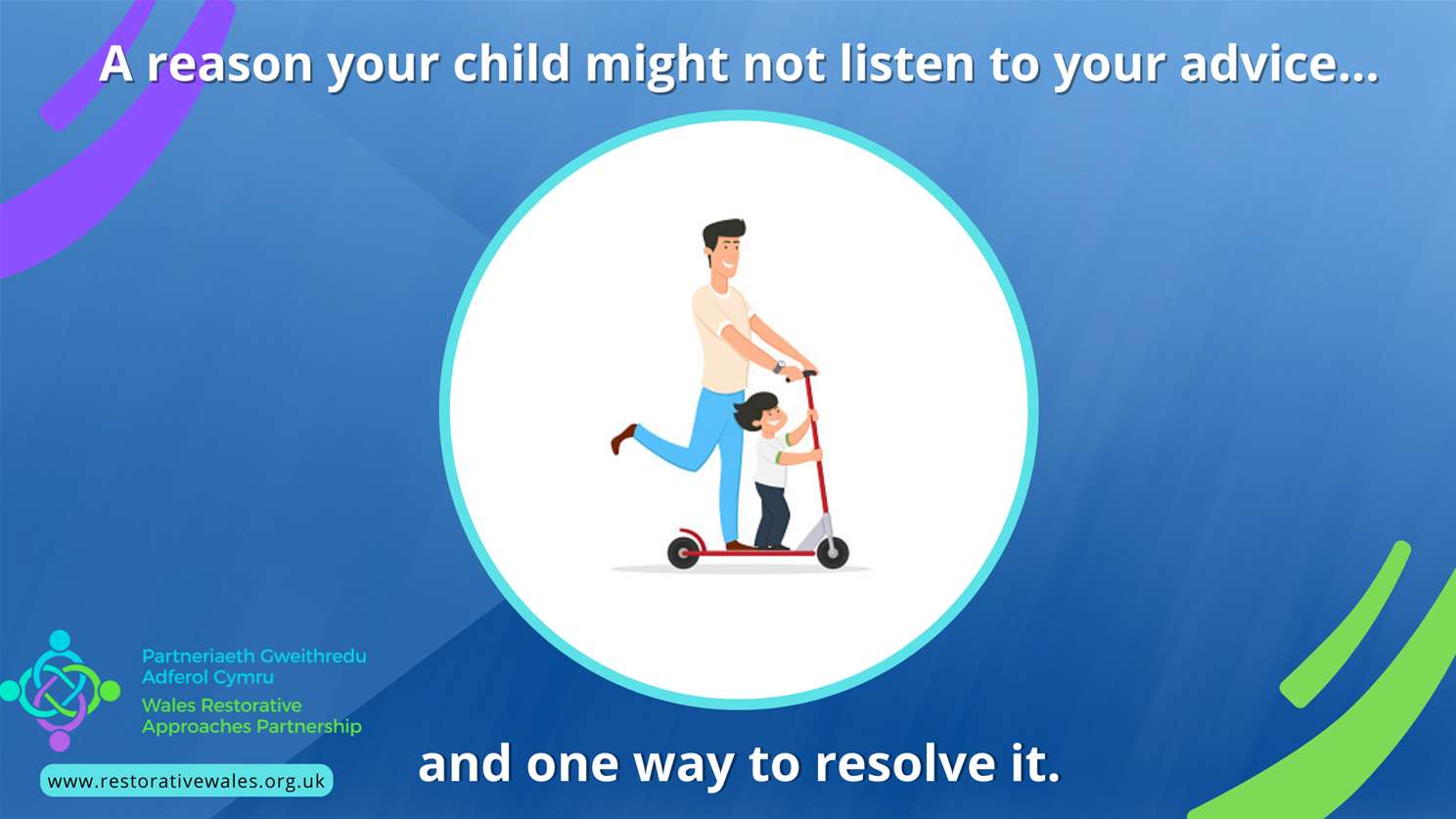In the first national lockdown in the UK back in April 2020 we were only allowed out for 1 hour of exercise a day and it had to be local. I used to take my son, who was four at the time, to a large flat car park nearby.
We both had scooters (I bought one just for this, turns out its great fun!) and we would whizz around in the sun for that hour.
Then one day this all changed….
We arrived at the car park to a building site. Somehow these builders weren’t having to stay at home for 23 hours of the day! So that was the end of scooting on that space.
My son was devastated. But not to worry I can solve the issue and so I told him of another space we could go and scoot on.
Simple.
That will definitely fix the issue!
Unfortunately, my logical, reasonable answer didn’t work. He actually cried more!
Was he not listening to me?
Why on earth would he continue to cry when I had solved his problem?
So I did what any reasonable adult would do, I told him to stop crying!
Yes that will do it!
Hmm hang on, he’s still crying. And now there’s snot. This isn’t what I want.
Right…. How do I avoid having a trail of snot down the front of my t shirt?
Ahh I know, I’ll use a tried and tested method that get’s children to behave so I said
Me: “How old are you again?”
Son: (in between the crying) “I’m four.”
Me: “Exactly, four years old, act like it!”
I’m not sure what I expected next. For him to say “Of course Father, right away” and stop crying?
Hasten to say it didn’t work and I realised where I was going wrong.
Have you ever experienced this type of interaction and wondered why its not working? What can you do?
There is actually a solution. Its called Neurosequential Thinking. A system created by Dr Bruce Perry. And even though the name sounds grand, the process is extremely simple. Which is important when you yourself are feeling less patient or frustrated.
The steps are called the 3R’s.
- Regulate – get down to their level and let the know its O.K. Physical touch can be great here. Use words like “I can see you’re upset. It’s O.K.”
- Relate – where you reassure them that they’re not broken or wrong for feeling a certain way. You might share that you’ve felt like that before as well.
- Reason – you offer out some suggestions that may help with how their feeling.
Adults often jump straight step 3.
“If you had just listened to me in the first place we wouldn’t be in this mess”
“Ohh there’s no need to cry about it, there is another space to scoot round the corner”
Try it, you might be surprised how simple yet effective it is for keeping both you in a calmer space.
Bonus tip – try not to use the word “BUT” between step 2 and 3.
“I can see why you’re upset, I’ve been upset by that in the past as well… BUT… you need to stop this nonsense now and get over it”!
Remember, the word BUT amplifies the following statement and minimizes the one before it.
For Additional tools and techniques that have helped parents manage their children behaviours email contactus@restorativewales.org.uk!




